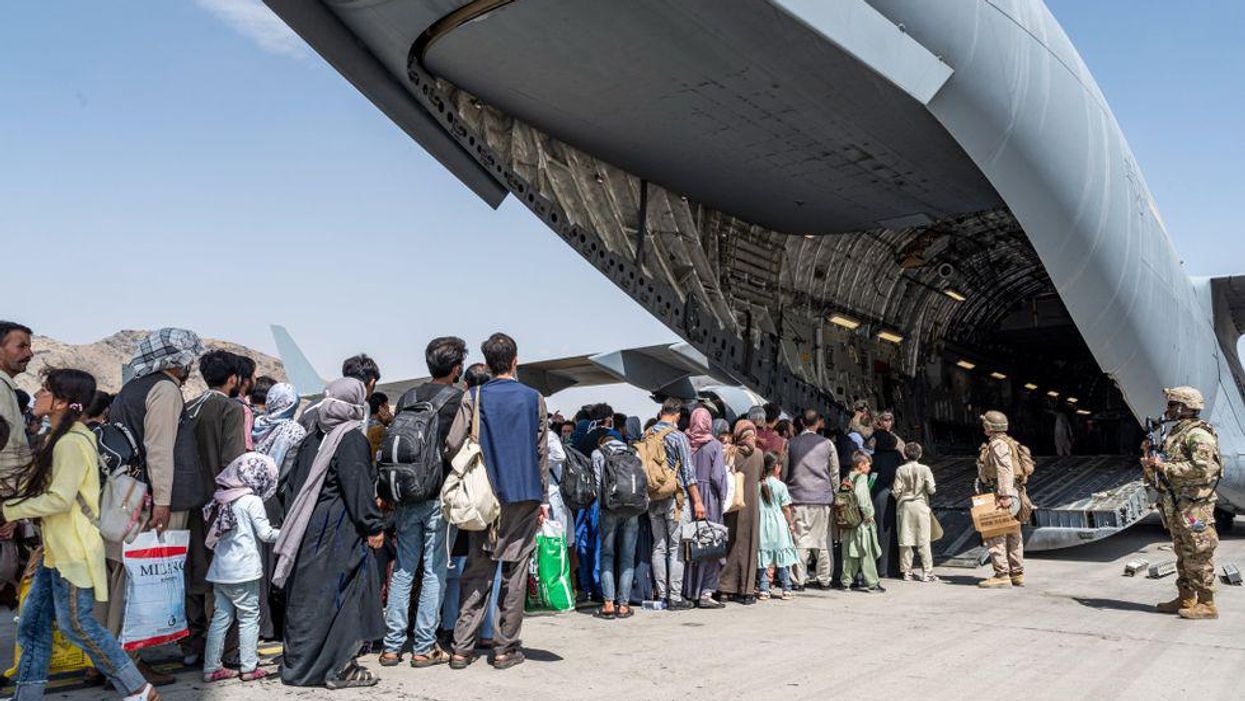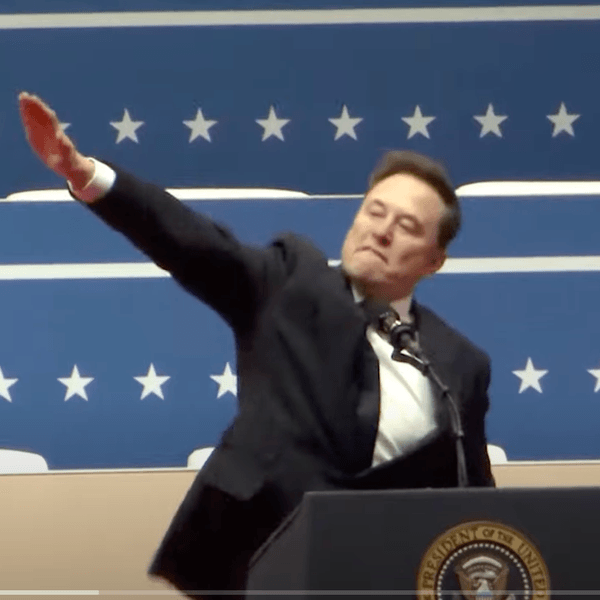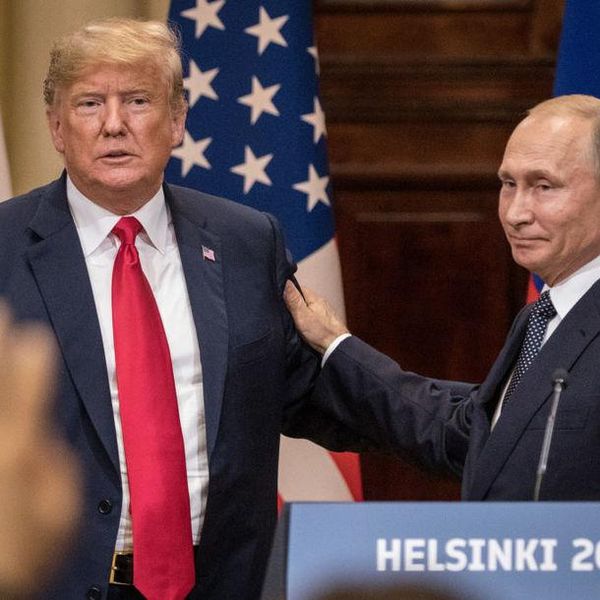
Afghan refugees departing Kabul Airport
This just in: Breaking News!
If you haven't noticed, the news business thrives on melodrama: It's hardly original to observe that cable TV programming in particular runs on Showbiz values.
Two cases in point:
Some on the left have been complaining about outsized attention given the Gabby Petito murder. Why all the hubbub over a missing blonde? Media moralists demand to know. What about the many Native American women gone missing in Wyoming?
As it happens, a Governor's Taskforce on Missing and Murdered Indigenous Persons determined that such cases do get disproportionately less coverage in Wyoming media. But it's nothing to do with poor Gabby, whose body was found there in a National Forest campground, as virtually every media outlet in the USA has reported.
But why? Simple: Petito and the fugitive creep who seemingly killed her were already minor celebrities. They'd been posting videos of their cross-country camping trip on YouTube and Instagram. So there was plenty of video footage. Utah police who interviewed the couple after a roadside altercation provided even more.
The footage was riveting. Sad to say, the cameras loved her. Gabby Petito exuded a winsome vulnerability that people responded to. The boyfriend projected a kind of TV movie-of-the-week menace: weak and controlling, the kind of guy who hits women.
Second, her anguished family lives in New York, his in Florida, both major media markets. After he returned home without her and then vanished, a sorrowful drama was set in motion. Viewers responded emotionally, and the story acquired a momentum of its own. It's still not over.
But it's when the conventions of melodrama drive national political stories that the real trouble starts. Often enough, they too turn upon dramatic video. Consider the vexing question of "Who lost Afghanistan?" evoked by deadly chaos at the airport in Kabul—a responsibility shared by four U.S. presidents and every general who testified before Congress last week.
Footage of desperate Afghans hiding in the wheel wells of what they feared would be the last plane out, and then plunging to their deaths has dominated coverage for weeks. Millions of Americans incapable of finding Afghanistan on a world map were shocked.
As the debacle took place on Joe Biden's watch, there's no denying his responsibility. But his responsibility for what? A tougher question, all but impossible to reduce to a 15-second news clip.
Too often, creative editing comes to the rescue. Everywhere you looked last week, troubled anchors were nattering about whether Biden lied about his conversations with Pentagon advisers regarding leaving Afghanistan.
One CNN panel led by Ana Cabrera concluded that he'd denied that Gen. Mark Milley, chairman of the Joint Chiefs of Staff, advised him to keep 2500 U.S. troops there, and that was a lie.
The alleged falsehood was documented by a brief video clip from an interview with ABC's George Stephanopoulos:
"So no one told—your military advisers did not tell you, 'No, we should just keep 2500 troops. It's been a stable situation for the last several years. We can do that. We can continue to do that'?"
"No" Biden said. "No one said that to me that I can recall."
The same truncated quote appeared many times on CNN and was employed by the New Yorker's Robin Wright to make the same point. Biden's words were in "stark contrast" to Pentagon officials' sworn testimony.
So would it shock you that the interview transcript shows that moments earlier, Biden said his advisers had been "split" about keeping solders in Kabul? In context, the president was clearly responding to the second part of the question, about keeping the country stable with 2500 troops.
Indeed, he continued directly to say "Look, George, the reason why it's been stable for a year is because the last president said, 'We're leaving.'"
And that's just a fact. In the 2020 Doha agreement, Trump promised to withdraw all U.S. forces from Afghanistan on May 1, 2021 if the Taliban would quit attacking Americans, which they did.
It also appears that none of Biden's Pentagon advisors thought Afghanistan could be pacified with so small a force. If the U.S. failed to withdraw, Gen. Milley testified, the Taliban would have restarted the fighting, "we would have needed 30,000 troops" and would have suffered "many casualties."
And that's precisely the outcome Biden told Stephanopoulos he was determined to avoid: endless war. Something Pentagon brass, in his experience, are all too fond of.
"I was present when that discussion occurred and I am confident that the President heard all the recommendations and listened to them very thoughtfully," Gen. Kenneth McKenzie, the head of Central Command, testified. "That's all any commander can ask."
"The idea that somehow there's a way to have gotten out without chaos ensuing," Biden also told Stephanopoulos, "I don't know how that happens."
Judging by their testimony, neither did anybody else.








